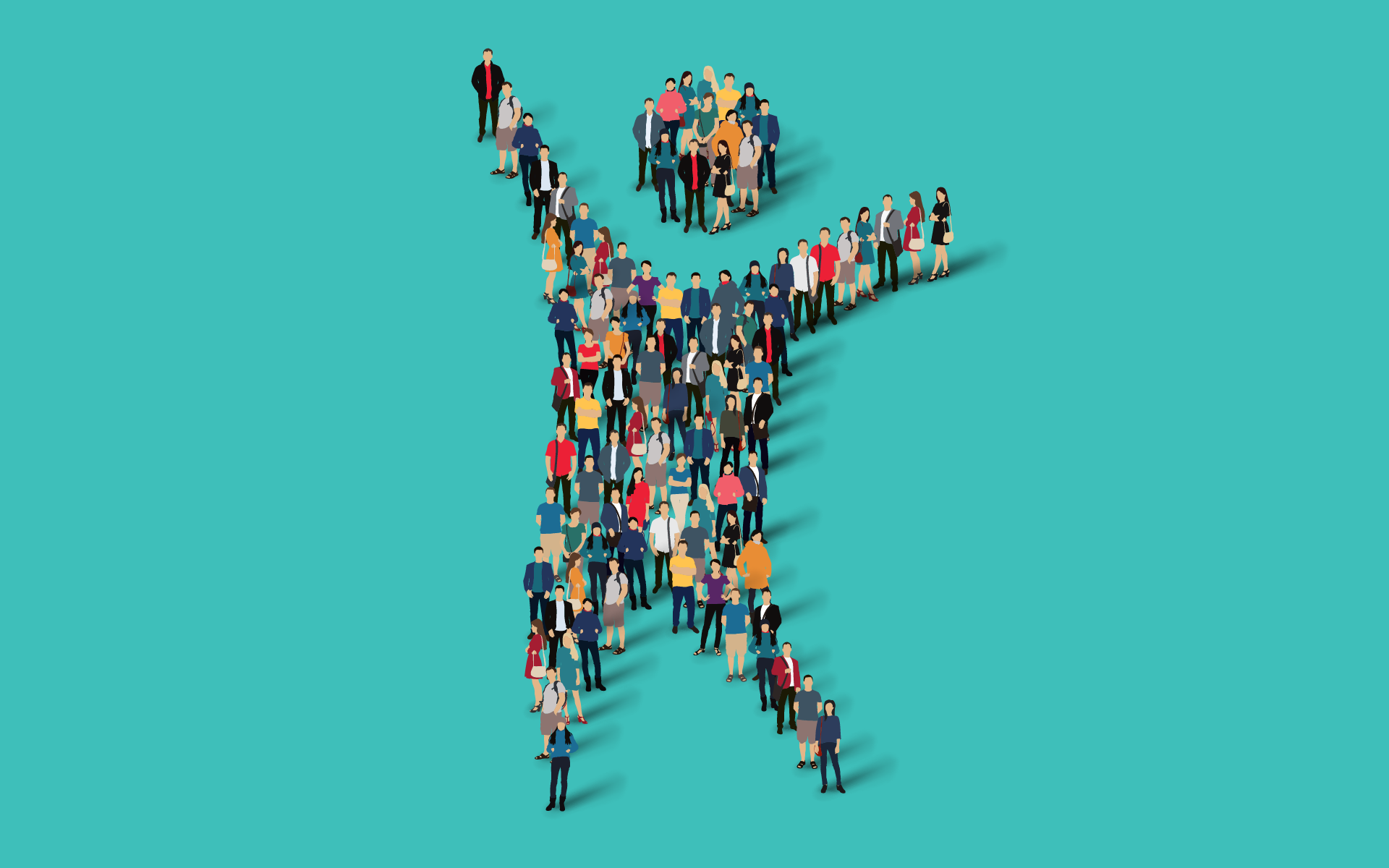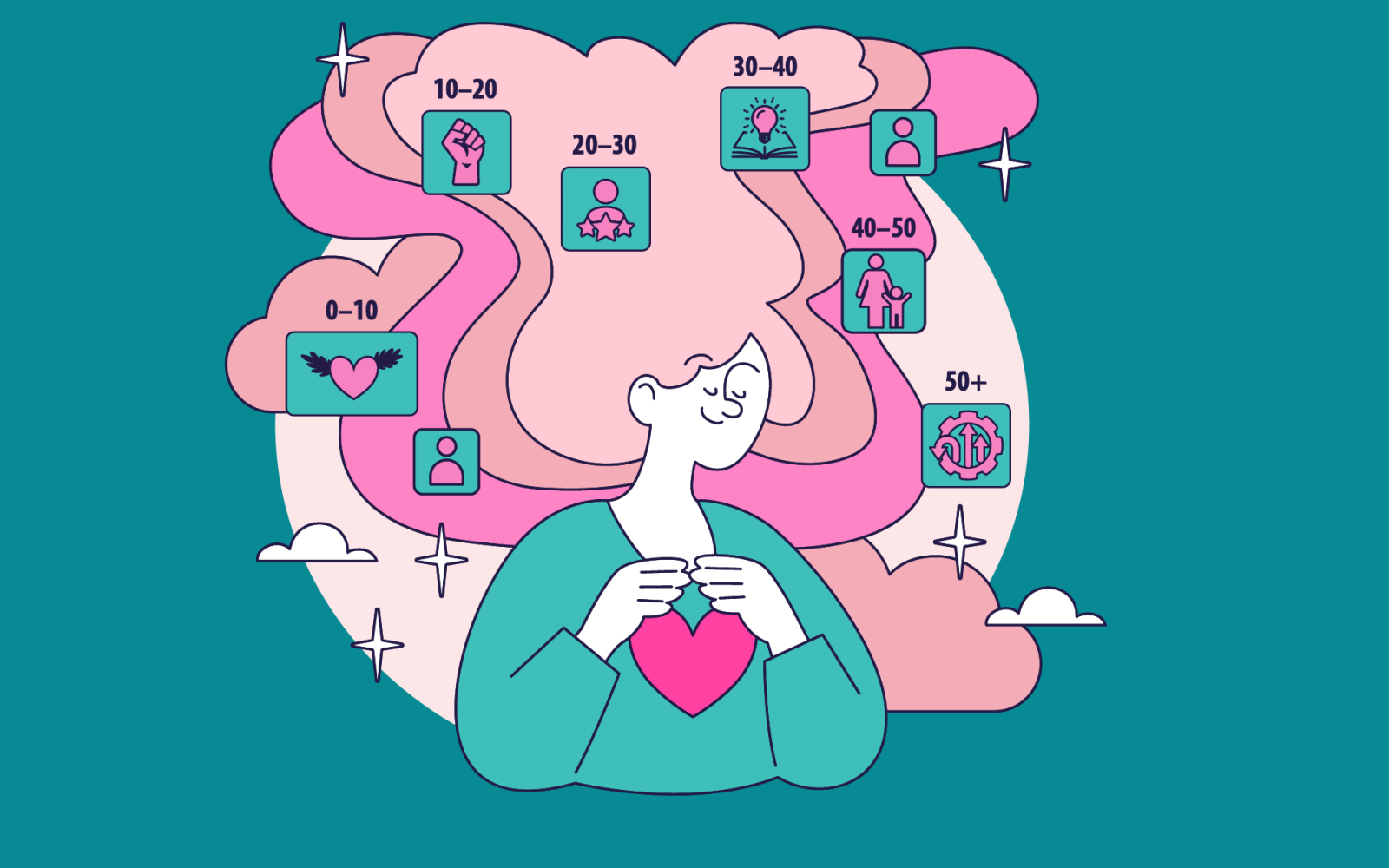The one not-so-little question that can change our world

It’s time for a new Ubuntu revolution.
The question seems deceptively simple: “Who am I?” But the way we answer reveals worlds about our psyche and our social fabric. And today, the question is more urgent than ever.
Like many, I find myself at a crossroads between the personal and the collective, between old and emerging ways of knowing, between isolation and connection.
The feeling is growing, and it’s universal. In a recent survey by the United Nations Development Programme, 69 per cent of respondents claimed to be experiencing a “profound loss of collective agency”.
We feel it in our bones, this difficulty in believing that we can shape our shared future together.
We feel it in the hollowing out of civic spaces, the decline of community institutions, the fragmentation of media landscapes, and the privatisation of what were once shared concerns.
We’ve become skilled at articulating “I want” and “I need,” but less fluent in the language of “we believe” and “we can.”
To put it in South African terms, we’re losing our Ubuntu. But let’s go back to that opening question.
More and more, we find the answer to “who am I?” in our habits as consumers, our career achievements, and our social media profiles. What about our relationships and our collective identities?
As our sense of “we” diminishes, our experience of “I” becomes paradoxically more prominent and fragile.
What if identity isn’t something we possess, as individuals, but something in which we participate, along with others?
This suggests that our “selves” exist not as isolated entities, but as a centre of relationships.
Otto Scharmer is an MIT senior lecturer and author who has some interesting thoughts to offer in this field.
As a framework for understanding and managing change, his “Theory U” invites us to move from ego-system awareness, which is focused on individual well-being, toward eco-system awareness, which is concerned with collective well-being.
This shift doesn’t diminish individual identity. Instead, it contextualises it in a web of relationships and shared futures.
In other words, when I contemplate “who I am,” I’m really exploring “who we are becoming together.”
That calls for a whole new form of intelligence and understanding, encompassing the capacity to perceive systems rather than just individuals, to hold multiple perspectives at once, to sense emerging possibilities in groups, and the courage to be transformed by genuine encounters with others.
These capacities form the foundation for a different way of knowing ourselves and our world. They help us navigate the fundamental question of identity not as a solo journey, but as a collective exploration.
And yet there is a blind spot in how we understand ourselves and our agency. We can observe outcomes (what we create), we can reflect on processes (how we create), but we struggle to perceive the inner place from which we operate (the who that creates).
This blind spot becomes a real problem when the agreements that hold our society together begin to fray.
If we don’t pay attention to what is driving our actions from the inside, we tend to react in fragmented and defensive ways. Our sense of identity shrinks.
The real challenge isn’t just fixing broken systems. It’s learning to see ourselves and each other in a deeper, more open way, so we can create something better together.
Scharmer uses the term “social field” to cast light on the question of identity. This describes the quality of relationships, and the awareness and possibility present in any human system. Like a magnetic field, a social field is invisible, but it powerfully shapes what can emerge.
Our individual identity doesn’t exist separately from this social field. It is formed and reformed through our participation in it.
When social fields become toxic or depleted, our experience of self narrows. When fields are generative and life-giving, new dimensions of identity become possible.
This perspective offers a different answer to “where I find myself.” Not just in my personal biography or career trajectory, but in the quality of the social fields I inhabit and help create.
My identity is inseparable from our collective capacity to sense and shape what wants to emerge through us.
So how might we cultivate this more relational sense of identity? A few practices point the way:
- Deep listening not just to others’ words, but to what wants to emerge in the spaces between us. This form of listening isn’t passive, but generative – it helps create the future.
- Circle practices that intentionally cultivate fields of trust and authentic speaking. When we experience being truly heard and seen in community, our sense of self expands.
- Cross-boundary dialogue that exposes us to radically different perspectives. Our identity solidifies not through echo chambers, but through genuine encounters with difference.
- Collective presencing through practices that help groups attune to their shared purpose and potential. When we experience collective creativity, we discover dimensions of self unavailable to us alone.
These aren’t techniques for better meetings. They’re pathways to a different experience of who we are and who we can be.
As the old ways of holding society together break down, it can be tempting to pull back and focus only on narrow, familiar identities.
But a more creative path, challenging as it may be, is to help shape new ways of living and working together, based on a deeper understanding of how we are all connected.
This isn’t just about better collaboration. It’s about remembering that we become who we are through our relationships with others.
As Ubuntu reminds us, we are more powerful when we are connected. We find the most meaning not just in personal success, but in working together to build a better world for us all.
So then, where do I find myself in this moment of profound transition, poised between the dissolution of old forms and the emergence of new possibilities?
Not alone, but in relationship. Not fixed, but becoming. Not separate, but part of a larger, unfolding story that we are writing together.
The question isn’t just “Who am I?”. It’s “Who are we becoming?” And in that shift, lies our hope.




